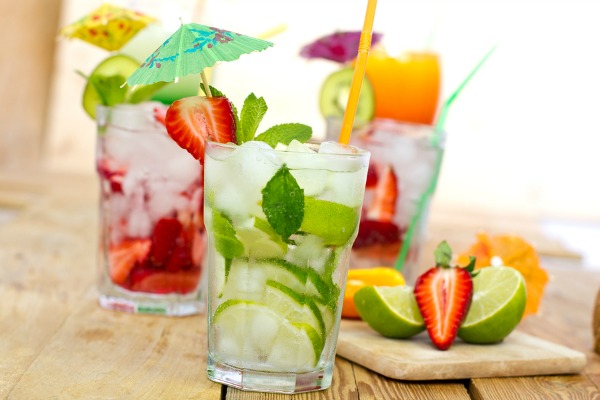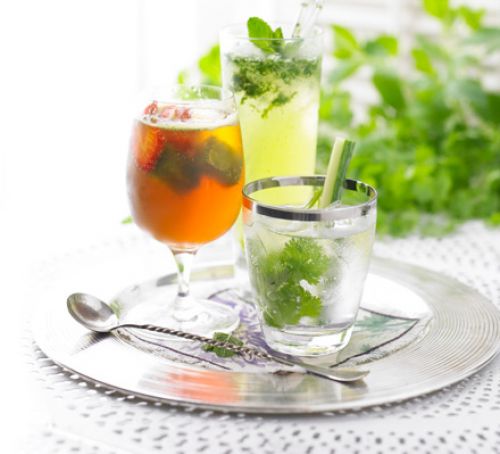
Cheers to making it this far! Most people who enjoy having a drink, or 2, or 3 immediately ignore or run away from anyone suggesting they should drink less. Hey Happy aims to educate and motivate you to make choices that will improve your mood and overall well-being. You get to decide whether you want to make these changes in your life or keep steering in the same direction your life is moving towards. It is all up to you! So, stay around for a delicious mocktail recipe, and let’s get into the science behind alcohol and depression.
The National Institute on Alcohol Abuse and Alcoholism reports that results from multiple clinical studies and PET scans indicate a strong link between alcohol and depression. Alcohol affects the way your brain looks and works whether you are drinking a glass of wine or a bottle of brandy. The amount and speed with which you consume alcohol will depend on how your body copes.
So, how does alcohol affect your mood? Alcohol is a depressant of the Central Nervous System (CNS). The CNS consists of your brain and spinal cord which is responsible for taking in information, sending information to and from your brain and regulating your mood. This means that alcohol slows down brain functioning, neural activity and affects your state of mind. That is why, when you drink alcohol you might experience slurred speech, a foggy memory, dulled vision, weakened muscles, slowed reaction time, you might lose your inhibition and even experience regret! Alcohol also affects your heart, liver, immune system and pancreas.
Most people enjoy drinking alcohol as it makes them feel ‘carefree, sociable and even courageous’. Others drink to numb their pain, intense anxiety, repressed memories or ineffectively try to manage their stress levels. Regular consumption of alcohol changes the chemistry of the brain. According to the Mental Health Foundation, alcohol consumption decreases serotonin levels in the brain – a chemical linked to depression. As a result of this decrease, a cyclical process begins where one drinks to relieve depression, which causes serotonin levels in the brain to be depleted, leading to one feeling even more depressed, and thus necessitating even more alcohol to then medicate this depression.
People trapped in this cycle will often relate to quotes such as: ‘I drink because alcohol tastes better than tears’ or ‘If you can’t be happy, at least you can be drunk’ spiraling down a slippery slide of ineffective coping mechanisms, addiction, a sense of helplessness and hopelessness.
So, instead of pouring that glass of wine, rather create your very own mocktail. If you are experiencing stress, anxiety, or a low mood, using alcohol will not make these feelings go away. Provide your brain and body with the opportunity to think clearly and reach out for help when it feels too much to handle on your own. Seek mental health treatment to get to the root of why you are experiencing high levels of stress, anxiety, or a low mood so that you don’t have to use alcohol to mask these uncomfortable feelings.

Recipe for a Mojito mocktail:
Ingredients:
- 1 tablespoon sugar
- bunch of fresh mint leaves
- 3 limes, juiced
- soda water
Method:
- Muddle the sugar with leaves from the mint using a pestle and mortar (or use a small bowl and the end of a rolling pin).
- Put a handful of crushed ice into 2 tall glasses. Divide the lime juice between the glasses with the mint mix. Add a straw and top up with soda water.
Enjoy!
written by Derika de Villiers, Clinical Psychologist
